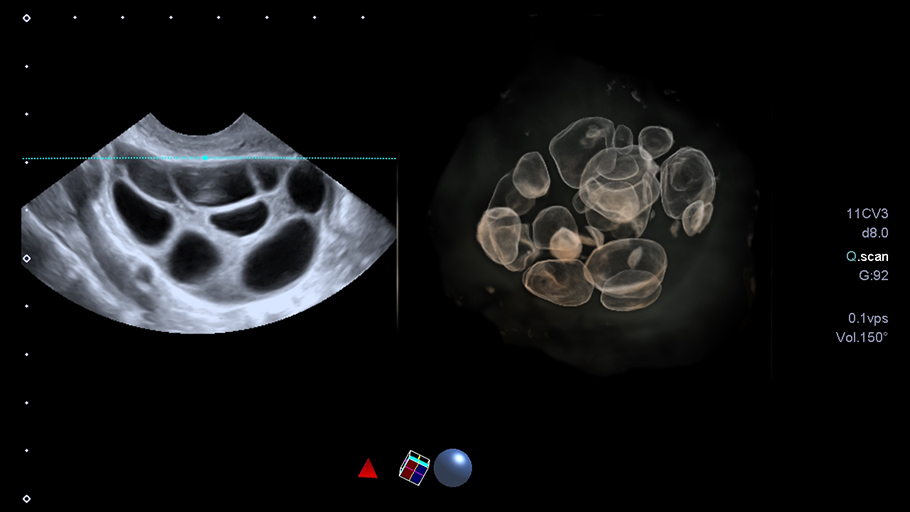It’s a common, though false, belief that the woman is the only one responsible for a couple’s failure to conceive. Female infertility is only responsible in 50% of cases. It’s therefore important that both members of the couple undergo fertility testing to determine the origin. In women, ovulatory disorders and dysfunctions of the reproductive organs (uterus, fallopian tubes, pelvic cavity) sometimes need to be examined.

